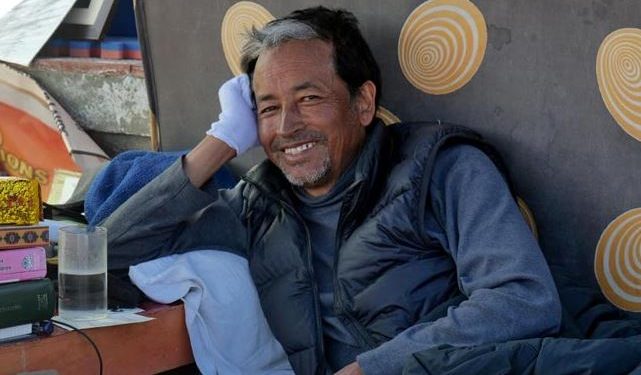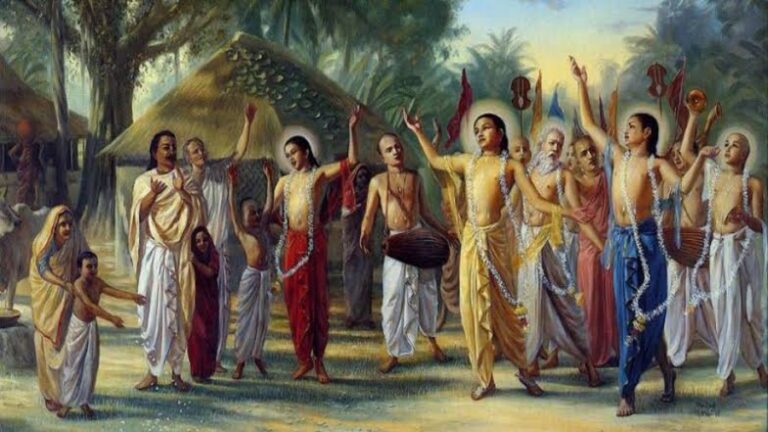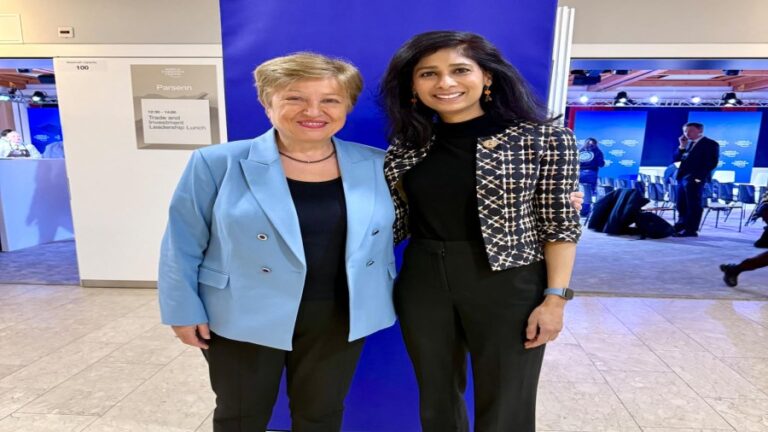
Ladakh’s renowned innovator, educator, and activist Sonam Wangchuk has become the center of a major political storm after his arrest under the National Security Act (NSA), following violent protests in Leh last month. The unrest, which left four people dead and dozens injured, has triggered nationwide debate on Ladakh’s future, statehood demands, and the government’s handling of dissent.
The Arrest and Transfer of Sonam Wangchuk
On September 26, 2025, Wangchuk was detained in Leh and later shifted over 1,000 kilometers away to Jodhpur Central Jail in Rajasthan under NSA provisions. Authorities accused him of making provocative speeches that allegedly incited violent clashes between protesters and security forces in Leh on September 24.
Police maintain that they fired on protesters in self-defense, but local leaders and civil society groups claim that security forces used excessive force. The Trigger: Ladakh’s Statehood Agitation.
The protests were part of a growing movement in Ladakh demanding:
- Full statehood for the Union Territory
- Constitutional safeguards under the Sixth Schedule to protect land, jobs, and environment
Wangchuk, widely respected for his environmental innovations like the Ice Stupa and his role in founding SECMOL (Students’ Educational and Cultural Movement of Ladakh), had become a prominent voice in this campaign.
In the days following the violence, the Ministry of Home Affairs (MHA) cancelled the FCRA license of SECMOL, cutting off its ability to receive foreign donations. The Ladakh administration also cancelled a land allotment for the Himalayan Institute of Alternative Learning (HIAL), another initiative linked to Wangchuk. Authorities argue that these moves were necessary to curb foreign influence.
Allegations of “Foreign Links”
The Ladakh police and intelligence agencies have alleged that Wangchuk was in contact with a Pakistani-origin person of interest and had links with foreign organizations. Authorities are using these claims to justify his arrest under the stringent NSA.
However, Wangchuk’s wife, Gitanjali Angmo, has strongly rejected the accusations, calling them “blatant lies” and part of a “politically motivated witch-hunt.” She has demanded his immediate release and an independent judicial probe.
Angmo rejected claims that Wangchuk fueled unrest in Ladakh, saying her husband has always protested ‘in the most Gandhian way possible’ and that security forces, not activists, triggered the violence on September 24.
According to her, Wangchuk was unaware of any plans of violence, but when CRPF personnel fired tear gas shells at demonstrators, local youth retaliated and the situation spiraled out of control. She described attempts to portray Wangchuk as an instigator as “misplaced,” reaffirming his lifelong commitment to non-violence, education, and climate action.
Political and Local Backlash
The arrest has triggered strong reactions across Ladakh and beyond:
- The Kargil Democratic Alliance (KDA) suspended its talks with the central government, demanding Wangchuk’s release and an inquiry into the police firing.
- Student groups, civil society activists, and local leaders have held protests, accusing authorities of silencing Ladakh’s legitimate democratic movement.
- National political figures and environmentalists have also voiced concerns, warning that branding a respected innovator as “anti-national” risks alienating Ladakh further.
Why This Matters
The international community recognizes Sonam Wangchuk for his work in sustainable education and environmental innovation. His arrest highlights the growing tensions in Ladakh since its separation from Jammu and Kashmir in 2019 and its designation as a Union Territory.
Many Ladakhis demand statehood and constitutional protections because they fear losing their cultural identity, ecological stability, and economic autonomy. However, the government treats the unrest primarily as a law-and-order and national security issue.
The Road Ahead: Sonam Wangchuk and Ladakh’s Ongoing Struggle
As Wangchuk remains in detention in Jodhpur, the situation in Ladakh continues to simmer. Local groups insist that they will not resume talks with New Delhi until there is a judicial inquiry into the September violence and Wangchuk is freed.
Whether this crisis will lead to constructive dialogue or deepen mistrust between Ladakhis and the central government remains uncertain. But what is clear is that Sonam Wangchuk, once celebrated globally as the inspiration behind “Phunsukh Wangdu” in 3 Idiots, is now at the heart of one of the most contentious political struggles in India’s northern frontier.
This is an ongoing story, stay tuned in with The World Times for more updates.



